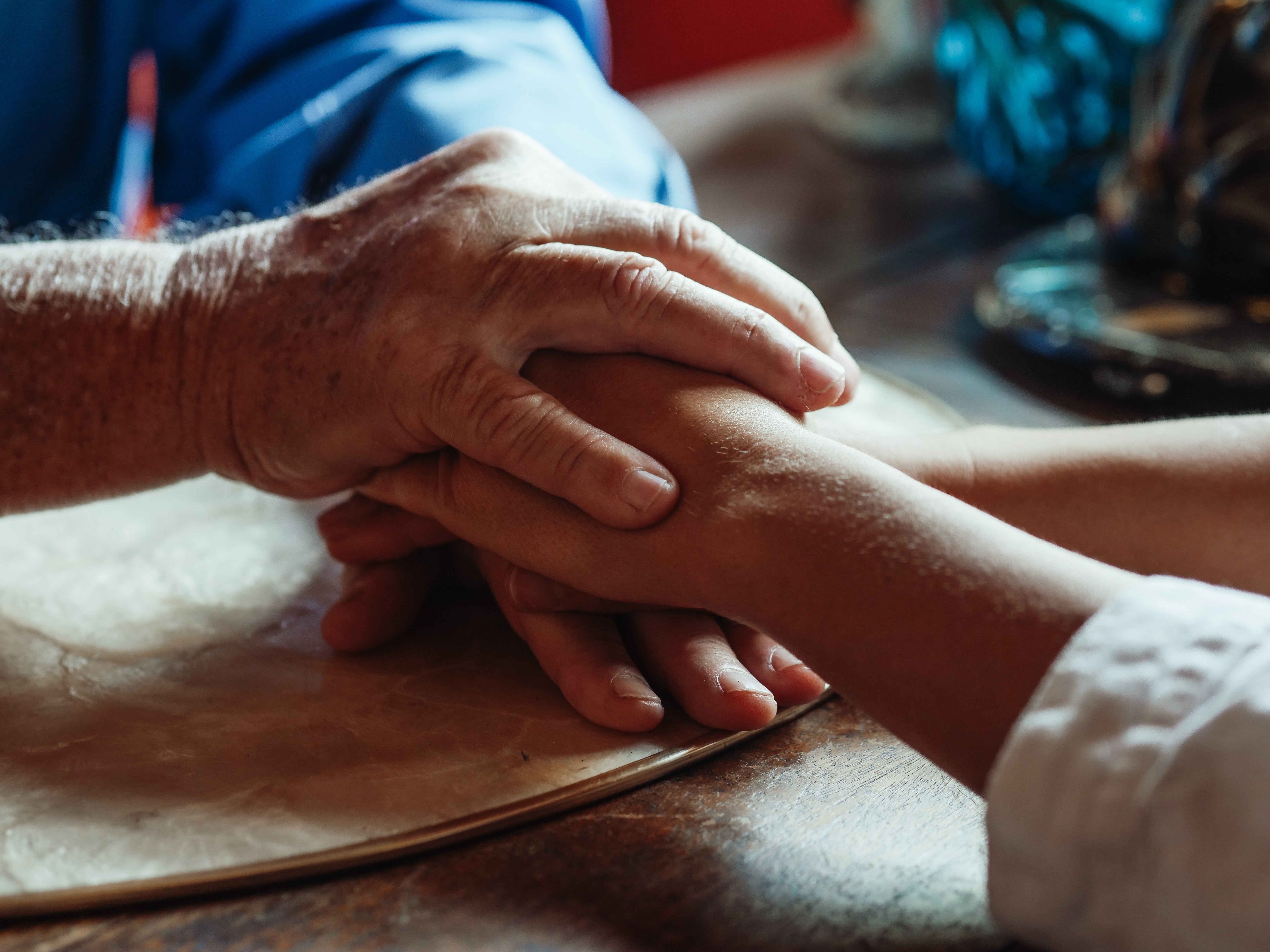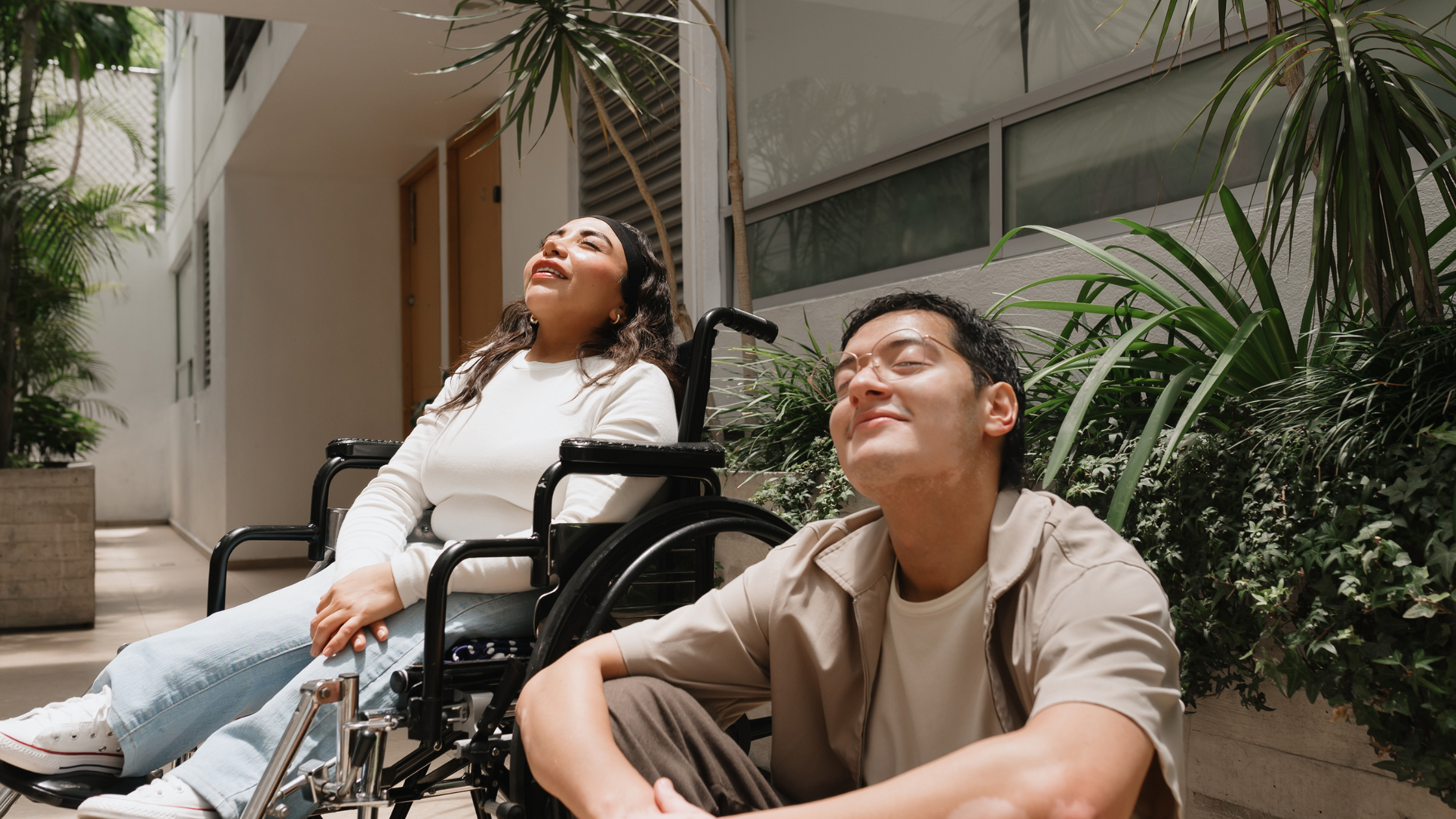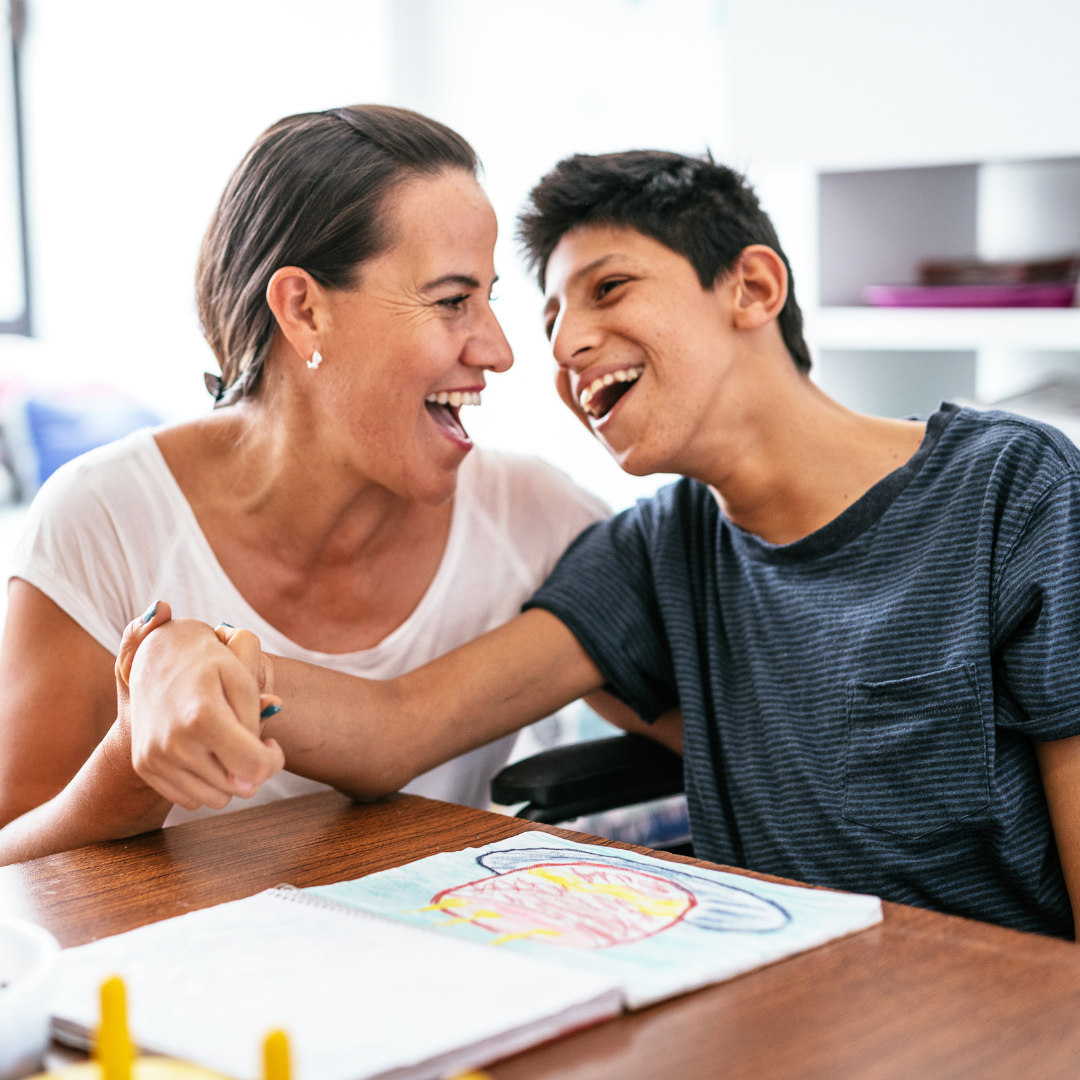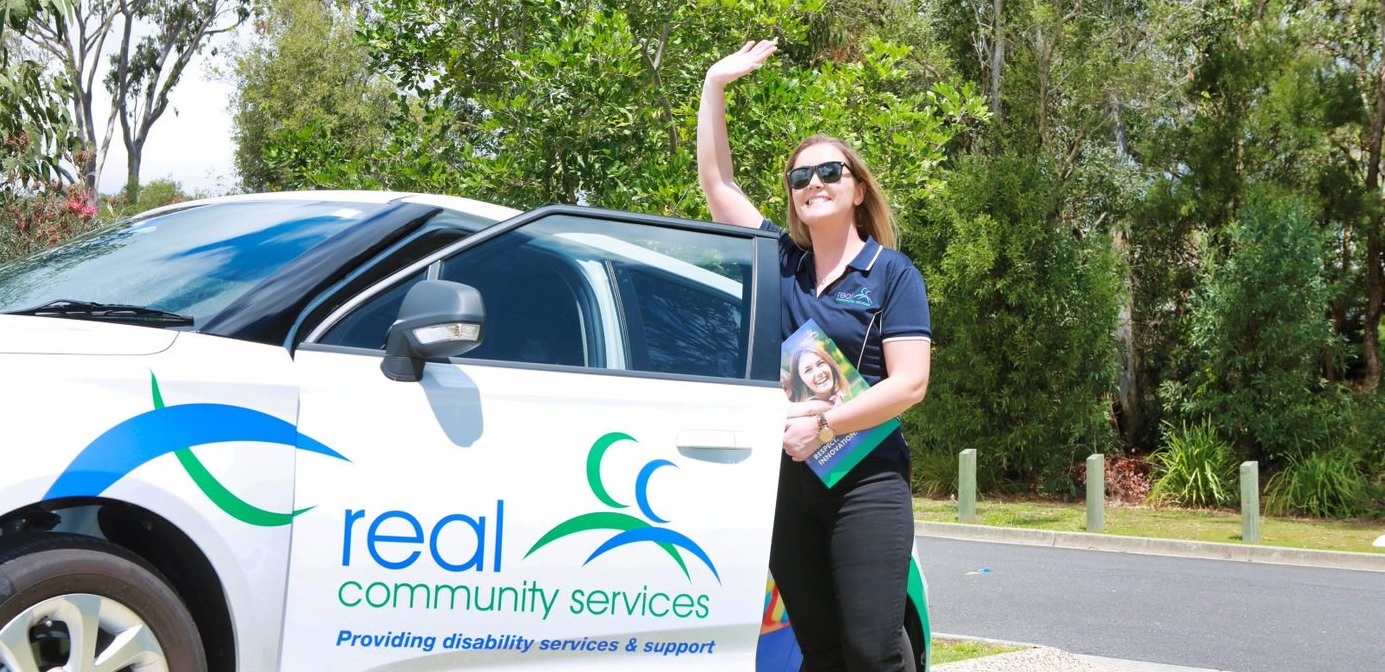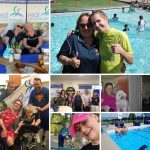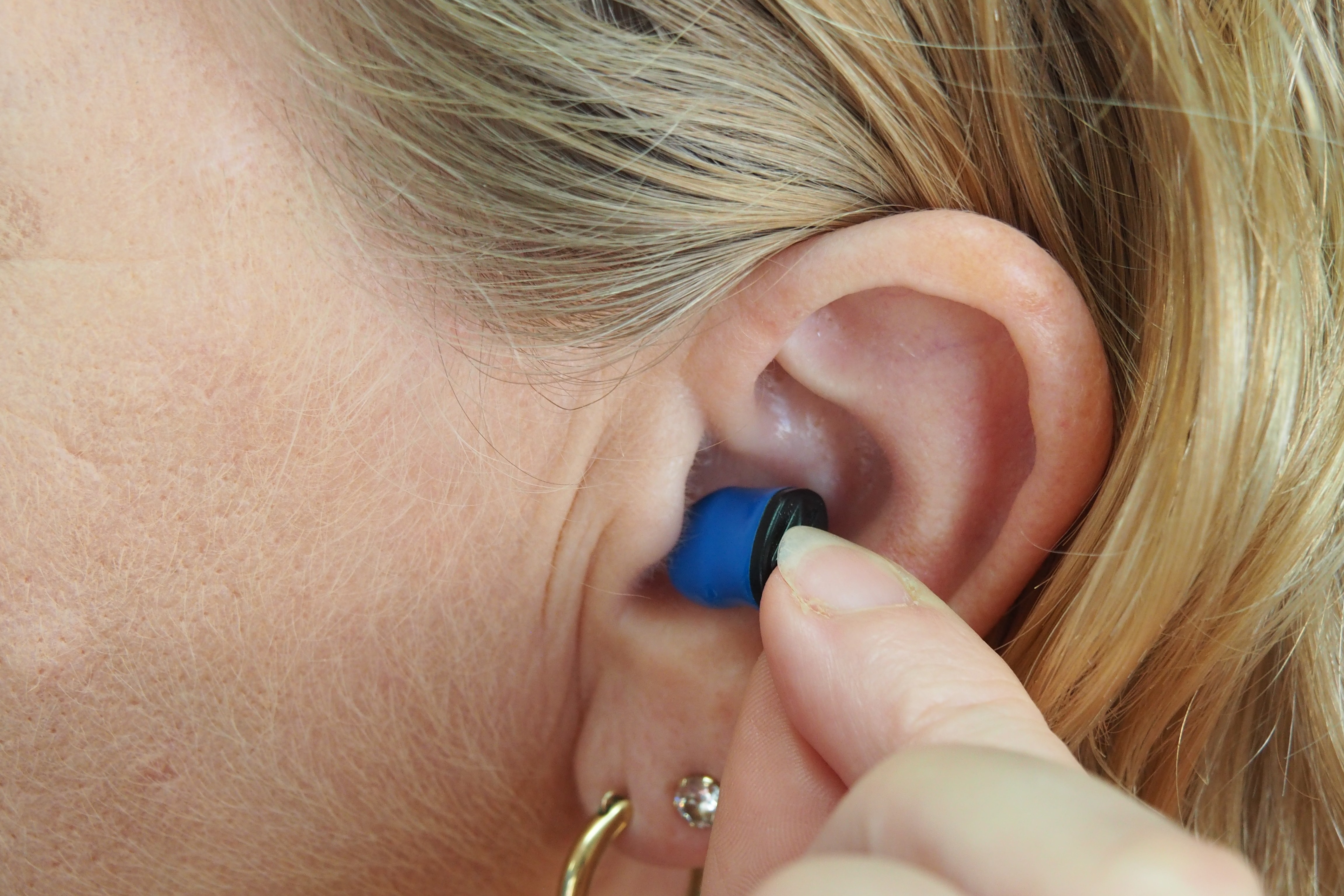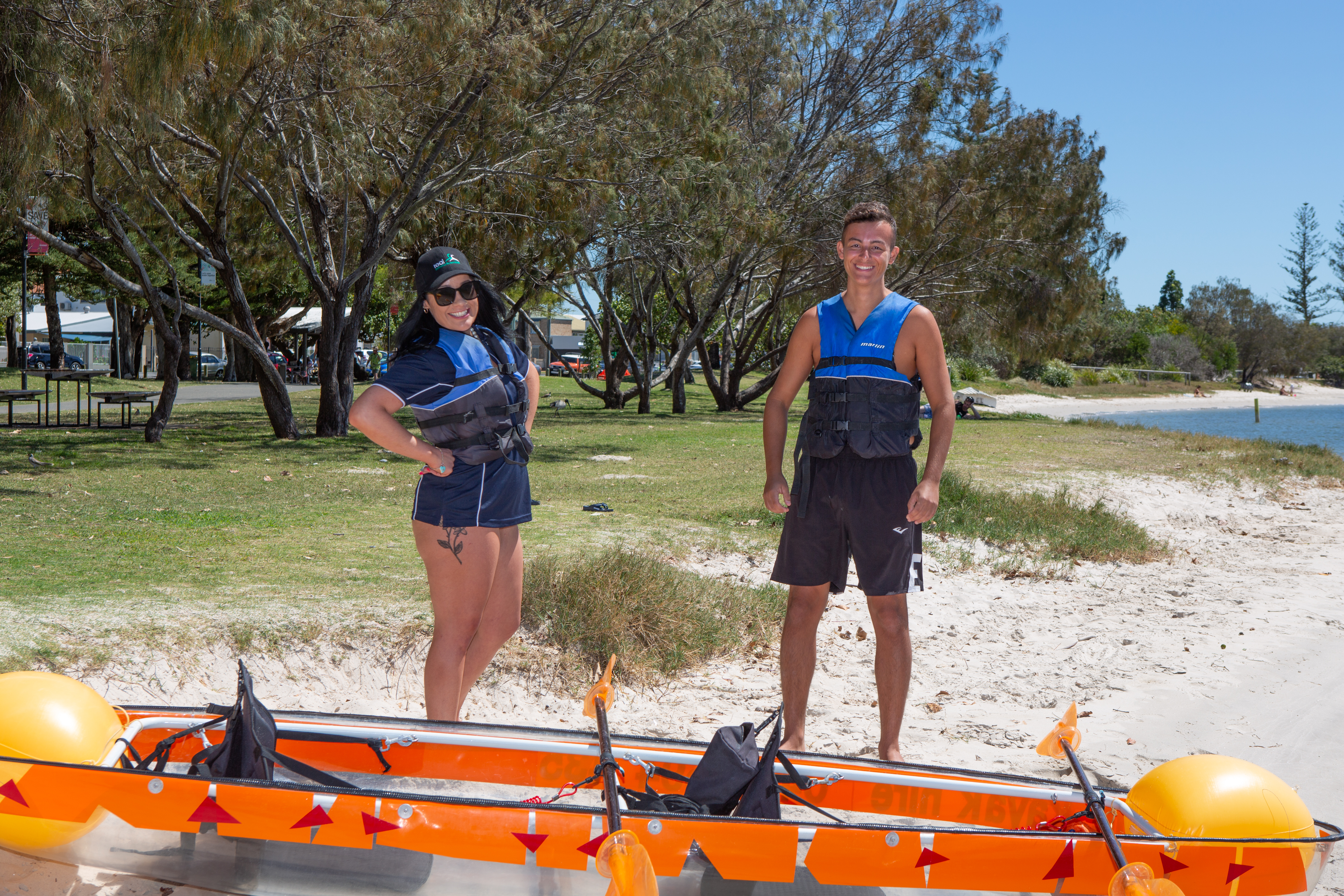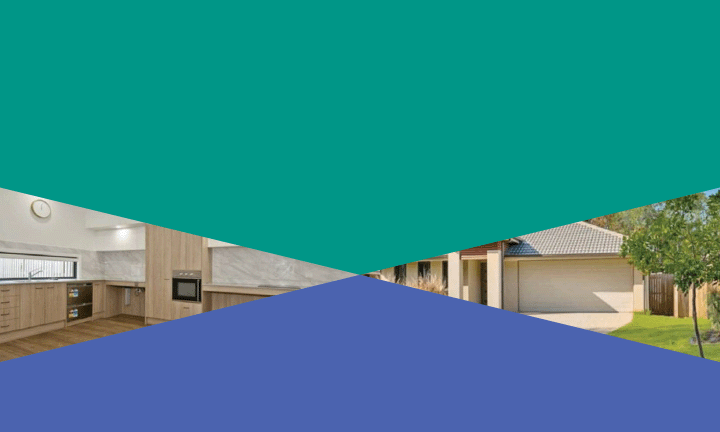Many of the early signs of dementia like memory loss and misplacing items can be written off as signs of aging. However, layering over other symptoms like social withdrawal, language problems, mood changes, poor judgment, disorientation, and difficulties performing daily tasks can help lead you to diagnosis and treatment.
Some forms of dementia, such as those caused by a vitamin deficiency or because of drug interaction are reversible or temporary. Alzheimer’s disease causes dementia, and, in these cases, there are no drugs that can cure the patient, the focus shifts to improving the symptoms and slowing the progression of the disease.
Take steps to slow the progression of symptoms. Auditing and making necessary lifestyle changes is a great starting point to slowing the progression of dementia. Regular exercise, managing stress, sleeping, eating well, and staying mentally and socially active can improve brain health.
Develop Daily Routines
Providing a consistent pattern of activity daily brings a sense of routine and structure. Activities that can be kept on a consistent timetable include waking up, mealtimes, bathing and dressing, and bedtime, which helps orientate the person with dementia.
Layering in non-verbal cues to your routine can also bed in the sense of routine and structure. Ideas include opening the curtains in the morning, playing calming music as you eat lunch, and diffusing lavender oil at night.
Engage in Activities
Look for ways to add in daily activities that can engage your loved one. They may not be able to get dressed but perhaps they could pop clothes in the laundry or pull up the comforter on the bed. Spending time outdoors in nature walking, sitting, or driving allows for a change of scenery and new stimulations.
Schedule visitors & social events
Look at how your loved one’s energy flows through the day and consider what days and times are best to schedule visitors to maximize their enjoyment and ensure all parties benefit from the interaction. Provide your visitors with ideas on how best to engage and to come prepared with some topics that hold interest. When heading out of the house, make sure you are aware of what environment you are going into ensuring that overstimulation doesn’t become an issue.
It takes a village
When family and friends ask if they can help, be prepared to say yes. Look at your routine and where you could use assistance. Driving to an appointment, meeting for a picnic in a park, having a meal cooked, helping complete paperwork, coming over to watch a movie while you take a break, bringing their dog around for a visit. Inserting assistance into your week can help provide you with respite, it also provides your loved one with different stimulation.
You are not alone
Most importantly, ensure you connect with organisations that can provide support. Dementia Australia has a helpline at 1800 100 500 or find support in your region. Real Community Services (RCS) can provide support workers for one-to-one assistance or activity-based support to people of all ages around the home and in the community. Our support can include assisting with or maintaining daily routines, personal care, maximising your independent living skills, learning ever-important life skills, and a host of other important daily activities.

